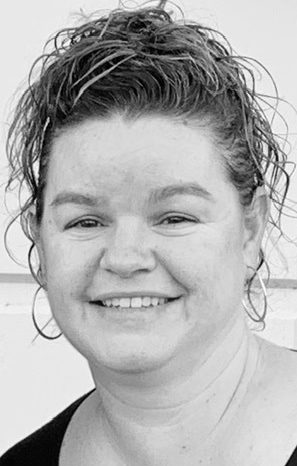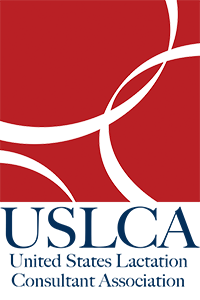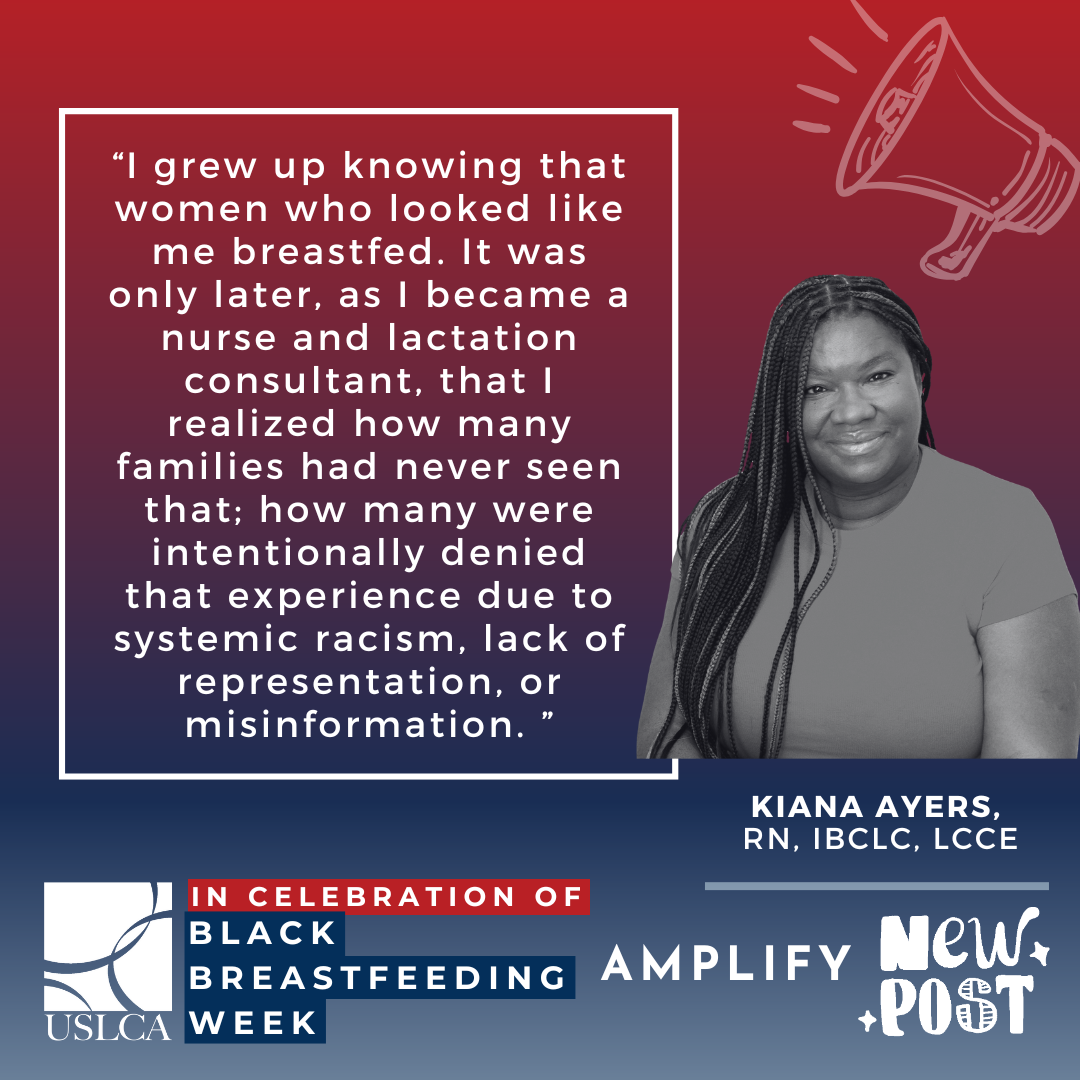by Christine Staricka, BS, IBCLC, RLC, Trained Childbirth Educator

Did they know what they were doing, the women who founded the IBCLC credential and launched a profession?
Did they understand they were creating a pathway for incredible ideas for making a difference in the health of babies and young children to be implemented with unbelievable amounts of energy and passion by people ignited by their own experiences with the lactation support structures in our nation?
Did they see how building a collaboration of health knowledge and generational family wisdom could create an unbreakable bond of energy that endures and grows more than 35 years later?
It is difficult to imagine that the founders could have foreseen any of this, let alone the particular firestorm of 2020’s global pandemic. I’ve heard and read over the years that the construction of the concept of the IBCLC was an organic occurrence, built out of equal amounts of frustration on the parts of registered nurses in hospital postpartum units and laypersons providing community support for lactating parents. Conjoining the nursing curricula of the time surrounding human lactation and the practical knowledge of the community into a new health care specialty seemed an ideal way to capitalize on both for the benefit of families and babies everywhere. Together, with their new certification and this new energy, this team would also take on the mission of protecting the vulnerable new family from the predatory marketing practices of companies with only profits in mind.
Growing the body of knowledge required, expanding the influence, creating ever more IBCLCs around the world: these objectives guided decades of movement and mobilization in the field. Could it have gone faster, more scientific knowledge about human lactation acquired, more impact made by marketing the expertise of the IBCLC, more IBCLCs in more countries and in every birthing place and community in the world?
Potentially. That was certainly the intent of creating the credential in the first place: to effect more lasting change by having more IBCLCs out in the world doing all the things that needed to be done in support of human lactation.
Progress is always a function of process, however. A choice to focus on moving people toward certification always meant that opportunities were going to be relinquished to nurture people in place to do all the good they dreamed of doing.
Elevating the IBCLC alone became a piece of the structural barriers individuals faced in entry to the field and to fulfilling their own missions and deeper purposes. The interference of structural barriers means that critical knowledge about culture and history and ancestral wisdom and their ties to human lactation was overlooked and underestimated.
Admittedly, our field has continuously expressed frustration and disappointment that we have not made a larger overall impact on infant feeding practices. Our need to remain ever-vigilant against violators of the WHO Code (as they showed us in 2020) requires intense efforts and use of scarce resources; our hope of “normalizing breastfeeding” has resulted mostly in normalizing “wanting to breastfeed,” but not actually having the structural supports to do it; and our increased capacity to collect and measure data about infant feeding has revealed only that we are exceptionally good (in some places and in certain situations) at facilitating the initiation of breastfeeding but not nearly as good at supporting a normal duration of breastfeeding.
IBCLCs work tirelessly on a personal level to engage with individual members of their local health care communities, to support individual families with their lactation needs, and to make a unique mark on the landscape in their own neighborhoods, and ask themselves how much of a difference they are making. We see hopeful seeds for the future when we open our senses to the possibilities laid forth by dynamic leaders who speak of diversifying the workforce, bringing culturally-specific professional training to the masses, and redefining the very meaning of the term “breastfeeding” to include all the ways that people use their milk.
Today we celebrate IBCLC Day 2021. Since IBCLC Day 2020, as a profession we have faced some of the most incredibly challenging times of our lives, both at home and at work. This past year shined a spotlight on the gaps in how people are treated in our society and culture, yet lactation care providers as a whole showed up and showed the world what we are.
Facing a world distrustful of the birth process even at the best of times, IBCLCs joined legions of other lactation and birth advocates to insist upon evidence-based care of the dyad, including policies which facilitated new parents and their infants to remain together, babies to be fed in the manner of parents’ choosing, and parents to have access to lactation care both in hospitals and the community.
Learning telehealth solutions, creating research studies to examine the impacts of COVID-19 on milk and feeding and parents’ experiences, publishing peer-reviewed papers everywhere, breaking down personal comfort levels with video chat technology to host online groups for new parents, transforming every single training and continuing education experience into a digital format – this past year has stretched all of us, taught us, and encouraged us to work even harder and more collaboratively outside of the lactation world than we ever had need to before.
That collaboration has spotighted that being an IBCLC is a privilege. It opens doors that would otherwise be closed, just like many other honorifics and degrees and certifications do in every corner of society. We can make it different. As IBCLCs, we can recognize that while we have achieved a defined level of experience and education, we recognize and elevate those who do complementary work to ours. We go out of our way to raise them up for what they do. Dignifying one does not have to be to the detriment of another.
The privilege of using the letters IBCLC behind our names means that we have a responsibility not only to nurture the next generation of IBCLCs, but also the next generation of lactation care providers in every space and every function. Just as parents everywhere strive to make their childrens’ lives better than their own, as IBCLCs, we must always be working to create a better environment for lactation care providers of the future to fulfill our collective mission: the optimal health and well-being of children and families through breastfeeding.
As you celebrate IBCLC Day today, give yourself grace and honor for what you have accomplished. Remember and reclaim your mission and purpose – your “why” – as well as the reason this profession was founded. This day is an opportunity to acknowledge the collaboration and joining together of health knowledge and practical wisdom around lactation that has been passed down to us – the energy of that unbreakable bond. It reminds us of how much more there is to learn if we look up toward the horizon with hope and the spirit of fellowship with others with a common purpose.
Christine Staricka:
Christine Staricka is a Registered, International Board-Certified Lactation Consultant and trained childbirth educator. As the host of The Lactation Training Lab Podcast, her current role focuses on training and supporting current and aspiring lactation care providers. You can find Christine on Instagram and Twitter @IBCLCinCA.
Christine created and developed The First 100 Hours© concept, an early lactation framework designed to support lactation care providers with the knowledge and mindset they need to help families optimize early lactation.
Christine worked as a hospital-based IBCLC for 10 years and has over 20 years experience providing clinical lactation care and support. She provides clinical lactation care to families at Baby Café Bakersfield and serves as its Director. She is the Social Media Coordinator for Baby Café USA.
Christine is the Immediate Past President of the United States Lactation Consultant Association (USLCA.) She holds a Bachelor’s Degree from the University of Phoenix. She has been married for 27 years, lives in California, and is the proud mother of 3 amazing daughters.
<— Return to Amplify!
The content of this post does not imply endorsement and may not reflect the position of USLCA.



